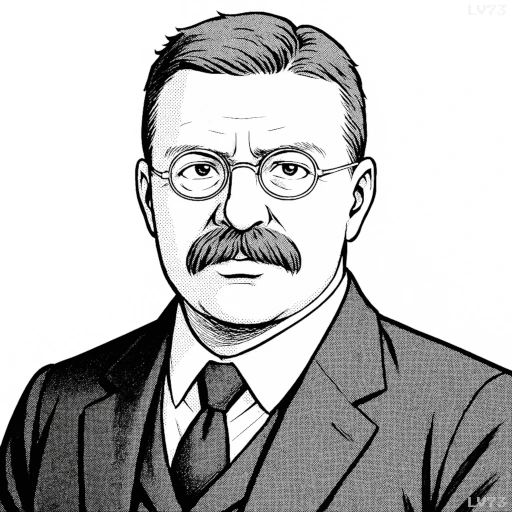“Absence and death are the same – only that in death there is no suffering.”

- October 27, 1858 – January 6, 1919
- American
- Politician, military officer
table of contents
Quote
“Absence and death are the same – only that in death there is no suffering.”
Explanation
In this quote, Roosevelt makes a poignant comparison between absence and death, suggesting that both involve a form of separation or loss. The key distinction he draws is that death offers a finality without the prolonged suffering that can often accompany absence. While absence can imply a lingering sense of longing or pain from separation, death, in his view, ends this process, bringing peace or closure. Roosevelt’s words reflect a deep understanding of the emotional toll of loss, but also a recognition that death can, in some ways, bring an end to the anguish associated with prolonged absence.
This reflection may stem from Roosevelt’s own personal experiences with grief and loss. Throughout his life, he endured the deaths of loved ones, including his mother and wife on the same day in 1884, which left him devastated. His ability to philosophize on death and absence may have been shaped by his personal understanding of loss, as well as his desire to find meaning and solace in the face of tragedy. Roosevelt’s framing of death as an end to suffering highlights his belief in resilience—that while grief is painful, it eventually gives way to a form of peace.
Today, this quote can resonate deeply with anyone who has experienced loss, especially when dealing with the emotional turmoil that absence or death can bring. It acknowledges the suffering that comes with living through such events, but also offers a sense of peace, suggesting that death may provide a relief from the emotional strain of prolonged separation. This view can provide some comfort to those dealing with grief, encouraging them to see that, in time, there may be a form of release from the suffering of absence.
Would you like to share your impressions or related stories about this quote in the comments section?




